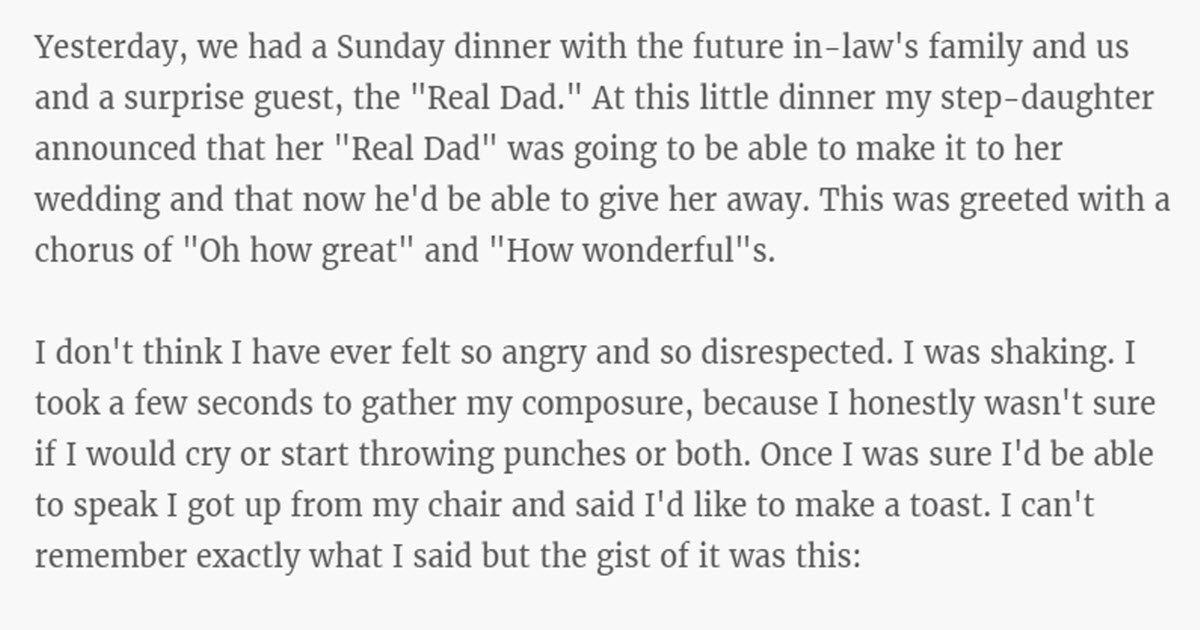Parents’ beware of this unlikely danger hidden in your home!
According to a new study from Nationwide Children’s Hospital, 12,500 kids (34 each day) are treated in US hospital emergency departments each year for injuries caused by….
Cotton tip applicators?
Yep, you read that correctly.
Q-tips send thousands of kids to the ER every year.
The study’s senior author, Kris Jatana, MD, of NCH’s Department of Pediatric Otolaryngology, explains, “the two biggest misconceptions I hear as an [ear specialist] are that the ear canals need to be cleaned in the home setting, and that cotton tip applicators should be used to clean them; both of those are incorrect, the ear canals are usually self-cleaning. Using cotton tip applicators to clean the ear canal not only pushes wax closer to the ear drum, but there is a significant risk of causing minor to severe injury to the ear.”
Results of Jatana’s study demonstrate that cotton tip applicators are bad news bears—especially in the case of use on children.
Using National Electronic Injury Surveillance System (NEISS) data collected from 1990 to 2010, her team documented over 263,000 cases in which kids under the age of 18 were treated in a US hospital emergency department for injuries caused by a cotton swab. Somewhat surprisingly, in nearly 75% of those cases, injuries were sustained during attempts to clean the ear.
Accidents typically occurred when kids were using the cotton swabs themselves, accounting for 77% of all cases. Parents were responsible for another 16% of the ER visits, while the good ‘ole sibling swab accounted for the remaining 6%. Two-thirds of patients were younger than eight years of age, and 40% were younger than three.
Injuries sustained ranged from perforated ear drums to soft tissue injuries, and in the vast majority of cases, patients were treated and released without much incident. But an unlucky few experienced damage to their ear drum, hearing bones, or inner ear that led to dizziness, problems with balance, and irreversible hearing loss.
While the number of injuries inflicted by cotton tip applicators decreased in the 21 years assessed by Jatana’s study, he says the occurrence of injury is still unacceptably high. “These products may seem harmless, but this study shows how important it is that they not be used to clean ears.”
So, the if we shouldn’t use cotton tip applicators, how are we supposed to clean our ears?
Ear experts Michael Rensink and Robert Martin note in the The Hearing Journal that there are two safe ways to clean your ears when you really need it:
LEAVE IT TO THE PROFESSIONALS
The most effective way is to let an ENT physician clean your ears every 3 to 6 months. The medical value of having an ENT clean ears that have a history of problems should not be underestimated. One the most powerful principles in medicine is the act of cleaning. Dead skin (desquamatized keratin) accumulates in ears and can attract moisture and serve as a breeding ground for bacteria and fungus. These can cause irritation and itching. Clean, healthy ear tissue does not itch.
WAX
The U.S. Food and Drug Administration (FDA) has approved only one substance for the removal of wax (cerumen) from ears. The technical name is carbamide peroxide, and it is found in all the over-the-counter earwax-removal products. The liquid is thick and put into the ear canal with a dropper and then the ear is rinsed to remove the peroxide and wax.
So there you have it, as much as you might desire to clean your ears with a cotton tip applicator, fight the urge. And if you have kids, don’t even think about it….better to be safe than sorry!
If you know someone who might like this, please click “Share!”


